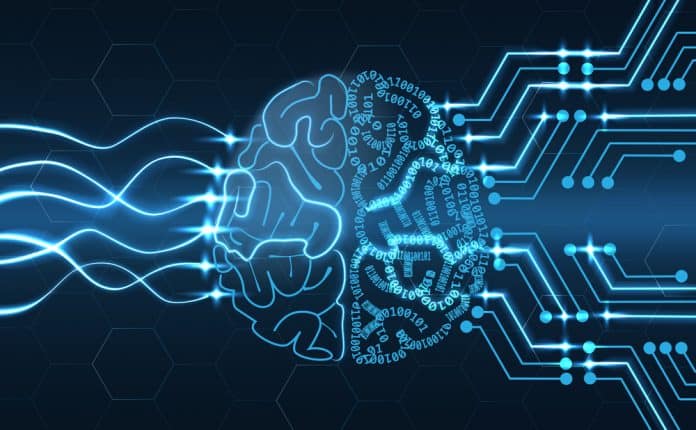Container ports generally face significant issues with handling increased amounts of cargo in a safe, efficient, and environmental-friendly way. Of course, this has been the case for a long time. Still, recently with additional demand in the container market, safety and efficiency have become significant concerns.
Lately, more and more vessels are calling at ports with skyrocketing demand for shipping.
Industry experts have been watching the excessive congestion in Los Angeles desperately for months now. The same issues are evolving around Houston ports and many of the U.S. East Coast ports.
There is also the issue with the capacity of the vessels. As they get bigger and hold more cargo, the amount of data being created and stored increases.
Using and storing the data is a challenge in itself. Therefore, learning the best ways to utilize data becomes more significant. Naturally, port management teams are now looking for ways to optimize operations and work more efficiently and effectively. Enter Artificial Intelligence (AI.)
So how could AI can become a benefit for ports?
AI is reconstructing transportation at sea, on land, and in the air. It has the potential to decrease human error, make operations quicker and lessen emissions. However, AI itself is one part of a broader process to digitize and develop port operations.
Some of the world’s biggest ports, such as Rotterdam, Singapore, and some U.S. ports use AI tools to improve their business operations. AI improves operations by building a decision-making support system based on a predictive model of behavior.
AI uses deep learning methods to examine data far more efficiently than a person ever could. However, realistically speaking, the engine of the AI, which is the machine-learning component, is still evolving and not fully capable of predicting many of the variables affecting a container port’s daily operations.
AI ensures that the data is collected, organized and processed. Afterwards, AI is utilized to recognize patterns in the logistics chain and offers detailed prediction times of when vessels, lorries, and containers will be at the terminals. As such, it allows for more significant planning.
Another benefit of AI is detecting vessel route inefficiencies and recommending alternate routes to ensure minimal error in transit times. It is also used to predict future equipment needs, long-term yard utilization, container damage, number of gate visits, and more.
As global trade increases in size, the shipping industry is leaning on more involvement from technological advancements to minimize risks and optimize the whole logistics pathway from point A to point B. With the pace of the current AI development, we can expect more efficient port systems in the near future.




